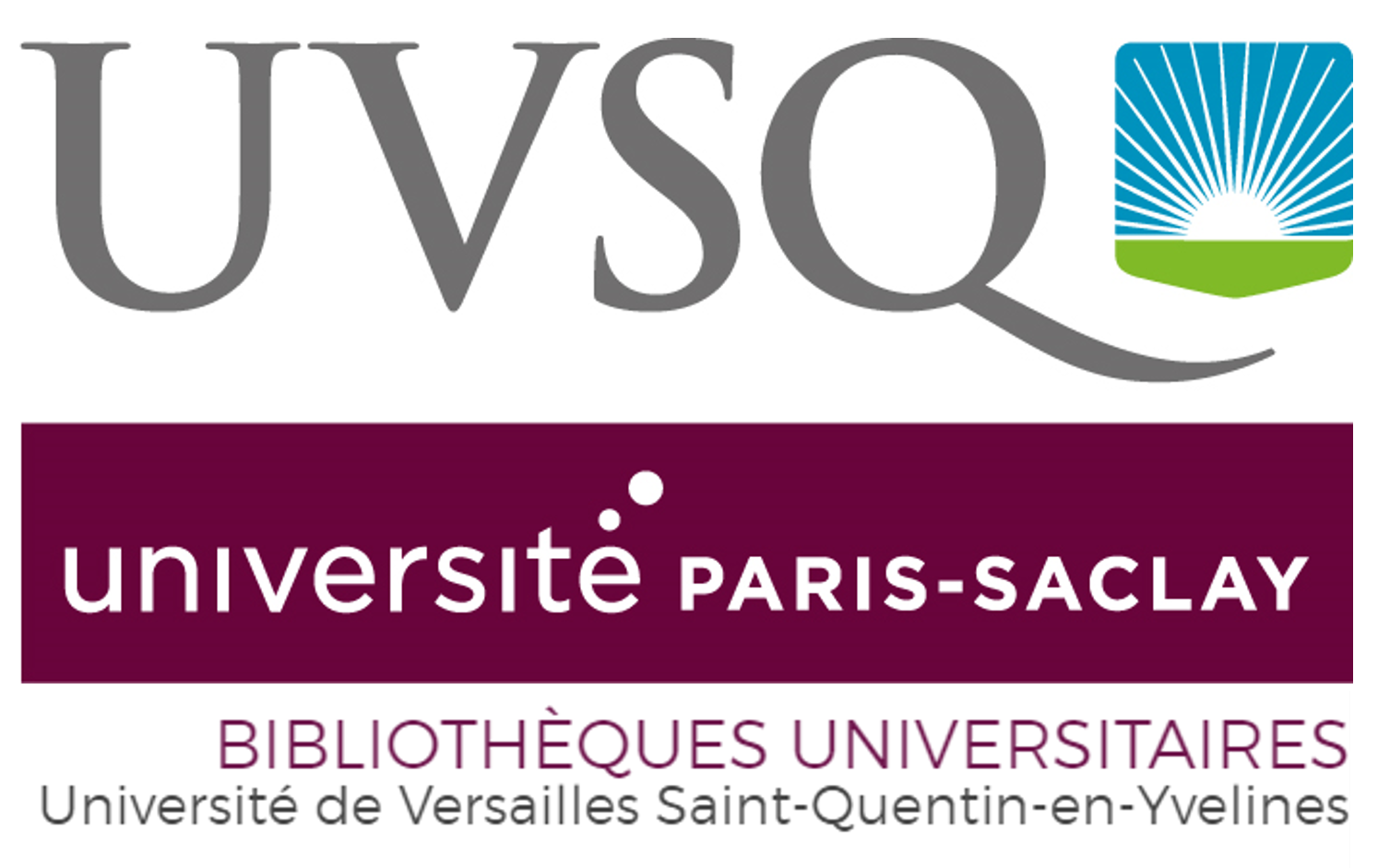Identification of organic molecules with a laboratory prototype based on the Laser Ablation-CosmOrbitrap
Résumé
In the Solar System, extra-terrestrial organic molecules have been found on cometary primitive objects, on Titan and Enceladus icy moons and on Mars. Identification could be achieved for simple organic species by remote sensing based on spectroscopic methods. However in situ mass spectrometry is a key technology to determine the nature of more complex organic matter. A large panel of mass spectrometers has already been developed for space exploration combining different types of analysers and ion sources. Up to now the highest mass resolution reached with a space instrument is 9,000 at m/z 28 and corresponds to the DFMS-ROSINA instrument (Balsiger et al., 2007) dedicated to the study of the comet 67P/Churyumov-Gerasimenko's atmosphere and ionosphere, in a low pressure environment. A new concept of mass analyser offering ultra-high mass resolving power of more than 50,000 at m/z 56 (under high vacuum condition about 10−9 mbar) is currently being developed for space applications: the CosmOrbitrap (Briois et al., 2016), based on the Orbitrap™ technology.
This work challenges the use of LAb-CosmOrbitrap, a space instrument prototype combining Laser Ablation ionisation and the CosmOrbitrap mass analyser, to identify solid organic molecules of relevance to the future space exploration. For this purpose a blind test was jointly organised by the JAXA-HRMS team (Japan Aerospace Exploration Agency-High Resolution Mass Spectrometry) and the CosmOrbitrap consortium. The JAXA team provided two organic samples, whereas the CosmOrbitrap consortium analysed them without prior information. Thanks to the high analytical performances of the prototype and our HRMS data post-processing, we successfully identified the two molecules as HOBt, hydroxybenzotriazole (C6H5N3O) and BBOT, 2,5-Bis(5-tert-butyl-benzoxazol-2-yl)thiophene (C26H26N2O2S), with a mass resolving power of, respectively, 123 540 and 69 219. The success of this blind test on complex organic molecules shows the strong potential of LAb-CosmOrbitrap for future space applications.
| Origine | Fichiers produits par l'(les) auteur(s) |
|---|
Loading...

